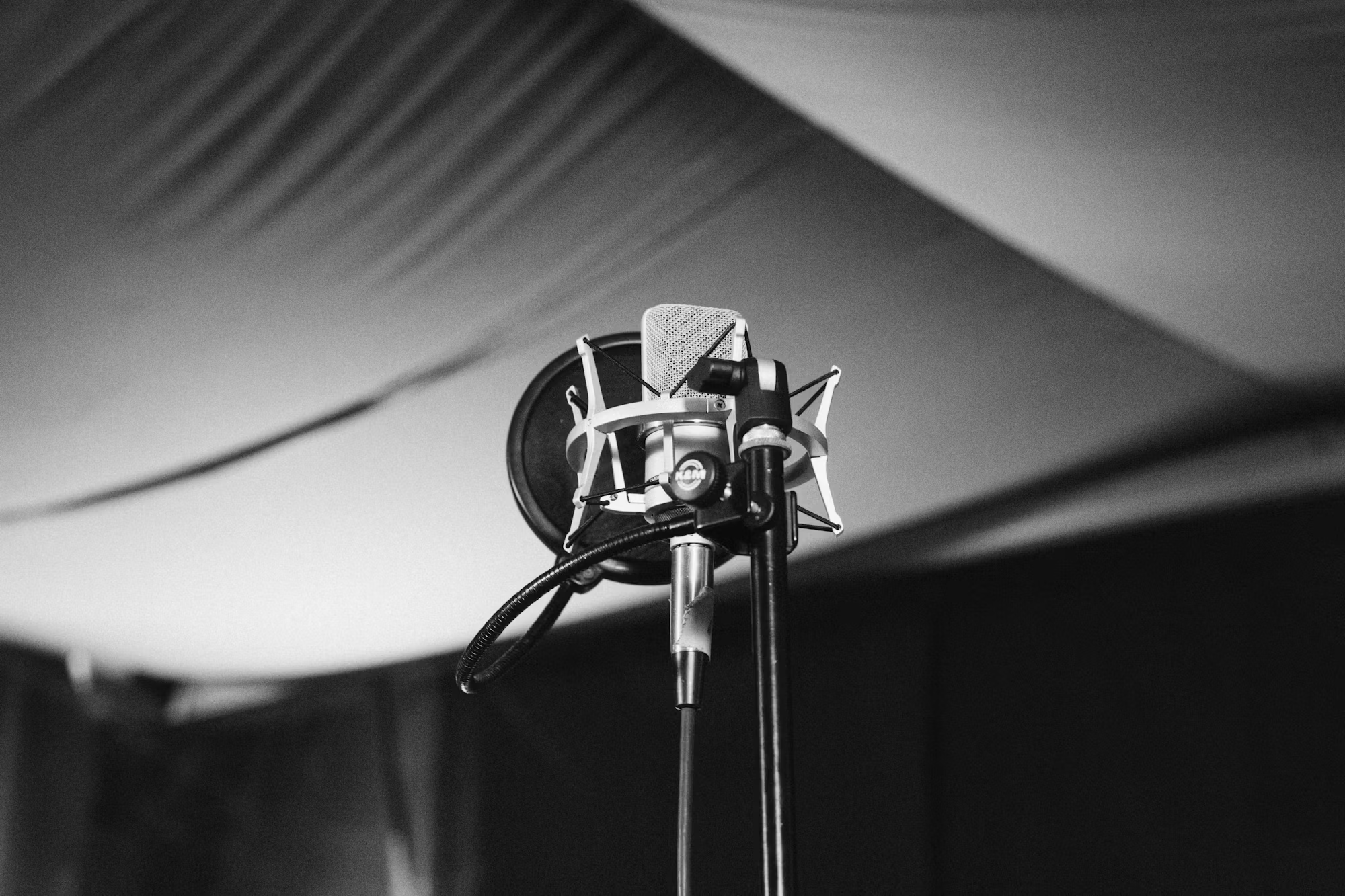Music has long served as a catalyst for social change, acting as a powerful tool for expression, solidarity, and inspiration. Throughout history, songs have not only documented struggles but also galvanized communities around common causes. This article delves into the profound relationship between music and social movements, examining how various genres and iconic songs have influenced activism and fostered a sense of unity.
The role of music in social movements can be traced back to the civil rights movement in the United States during the 1950s and 1960s. This era was marked by a struggle for equality and justice, and music emerged as a vital means of communication and empowerment. Songs like “We Shall Overcome” became anthems of hope and resilience, echoing through protests and rallies. The simple yet profound lyrics resonated deeply with individuals fighting against systemic oppression, providing a shared message of determination and strength.
Artists such as Mahalia Jackson and Joan Baez played significant roles in this movement, using their voices to amplify the message of civil rights. Jackson’s powerful rendition of spirituals brought a sense of urgency and emotion to the cause, while Baez’s folk music connected with a younger audience, inviting them to engage in activism. The combination of music and social justice created a unique synergy, encouraging individuals to participate in the fight for equality.
In addition to the civil rights movement, music has been integral to other significant social movements. The anti-war movement during the Vietnam War saw the emergence of protest songs that resonated with a generation disillusioned by conflict. Artists like Bob Dylan and Creedence Clearwater Revival captured the sentiments of peace and resistance through their music. Dylan’s “Blowin’ in the Wind” posed poignant questions about war and justice, becoming an anthem for those advocating for peace. These songs not only provided a voice for dissent but also created a sense of community among those who shared similar values and beliefs.
Similarly, the feminist movement of the 1970s harnessed the power of music to challenge societal norms and advocate for women’s rights. Artists like Aretha Franklin and Helen Reddy became symbols of empowerment, using their music to address issues of gender equality and personal autonomy. Reddy’s hit song “I Am Woman” became a rallying cry for women, encouraging them to embrace their strength and fight for their rights. The integration of music into the feminist movement underscored the importance of self-expression and solidarity, helping to mobilize women across the globe.
The influence of music on social movements continues to this day, with contemporary artists using their platforms to address pressing issues such as climate change, racial inequality, and LGBTQ+ rights. For instance, songs like “This Is America” by Childish Gambino highlight systemic racism and social injustice, prompting listeners to reflect on the realities of American life. This powerful visual and auditory experience became a call to action, encouraging discussions about race and identity in the modern context.
Moreover, movements like Black Lives Matter have seen an outpouring of musical support, with artists across genres contributing their voices to the cause. From hip hop to rock, musicians are using their art to raise awareness and inspire activism. Tracks like “Alright” by Kendrick Lamar have become anthems for resilience, embodying hope amidst adversity. The collective expression found in these songs unites individuals in a shared struggle for justice, emphasizing the ability of music to transcend barriers and inspire collective action.
The intersection of music and social movements also highlights the importance of cultural expression. Genres like reggae and punk rock have roots in resistance and social commentary, often reflecting the struggles of marginalized communities. Bob Marley’s music, for example, not only celebrates Jamaican culture but also addresses themes of freedom and unity. His songs resonate beyond geographical boundaries, reminding listeners of the power of love and solidarity in the face of adversity.
In addition to serving as a source of inspiration, music also acts as a means of documentation. Protest songs capture the spirit of the times, preserving the voices and experiences of those involved in social movements. The lyrics serve as a historical record, reflecting the struggles, triumphs, and aspirations of individuals advocating for change. This documentation plays a crucial role in ensuring that the lessons learned from past movements are not forgotten, inspiring future generations to continue the fight for justice.
Furthermore, the digital age has transformed how music is disseminated and consumed, amplifying its role in social movements. Social media platforms allow artists to reach wider audiences, spreading messages of change and solidarity instantly. Movements can harness the power of viral content, with songs becoming part of online campaigns that resonate across the globe. This immediacy enhances the ability of music to inspire action, making it an essential component of contemporary activism.
As we navigate complex social issues, the importance of music in shaping cultural narratives and mobilizing communities cannot be overstated. It provides a voice to the voiceless, fostering connections among individuals who share a common purpose. The rhythms and melodies that accompany social movements serve as reminders of our shared humanity and the ongoing quest for justice and equality.
In conclusion, music has historically played a pivotal role in social movements, uniting individuals and inspiring collective action. From the civil rights movement to contemporary issues, songs have captured the spirit of resistance and hope, providing anthems for change. As we continue to face social challenges, the power of music as a tool for expression and activism remains vital. By celebrating and supporting the artists who use their voices for social change, we contribute to a legacy of music that champions justice, equality, and unity.



